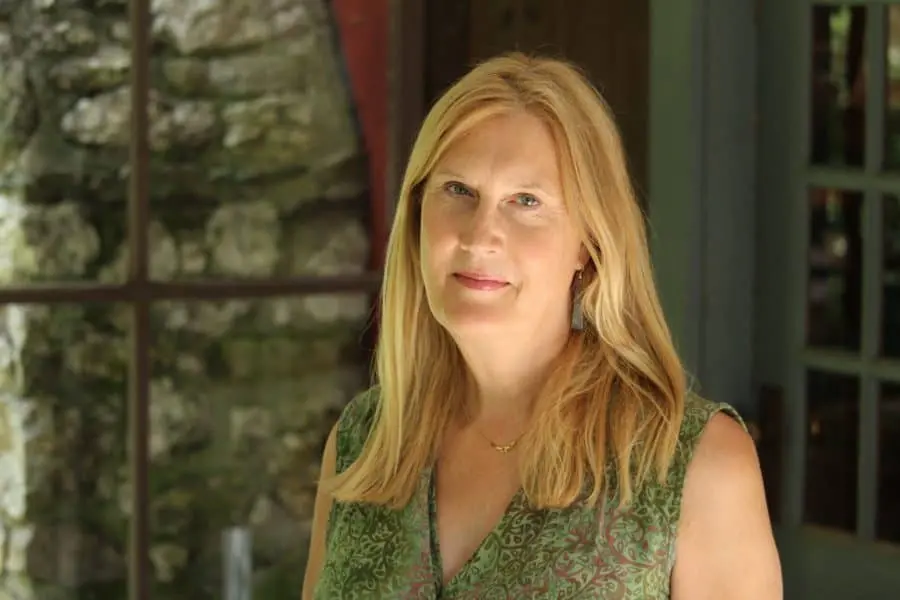PEN America works tirelessly to defend free expression, support persecuted writers, and promote literary culture. Here are some of the latest ways PEN America is speaking out.
- PEN America joined hundreds of authors as well as advocacy groups and publishing houses to urge South Carolina lawmakers to block regulations that could restrict access to countless works of literature. The regulations, which are slated to take effect on June 25, “pose a threat to the freedom to read, to the detriment of students across South Carolina,” the letter states. Among the signatories are writers including Jodi Picoult, Laurie Halse Anderson, and Katherine Paterson and organizations including ACLU of South Carolina, Hachette Book Group, and MacMillan Publishers.
- Summer Lopez, chief program officer of Free Expression Programs at PEN America, criticized Georgia’s new foreign agent bill, which puts writers, artists, and others who express beliefs at odds with those of the government at risk. The law mandates that organizations that receive over 20 percent of their funding from abroad register as “agents of foreign influence,” thereby stigmatizing individuals and groups who may not be able to secure funding within the country. “The foreign agent law is the latest sign of a decline in Georgia’s adherence to international human rights and democratic norms,” Lopez said. “We urge the Georgian government to overturn the foreign agent law.”
- PEN America called upon DePaul University to reinstate an adjunct faculty member who was fired after using terms such as “genocide” and “ethnic cleansing” while discussing Palestine in an optional course assignment. PEN condemned DePaul’s decision to fire the professor, which represents an unambiguous violation of academic freedom.
- Moira Marquis, senior manager at the PEN America Freewrite project, spoke to The Washington Post about the decline in access to books in prison as well as the book she co-edited, Books Through Bars: Stories from the Prison Books Movement, which details the history of prison book programs.
- Florida Director Katie Blankenship criticized new instructions to “err on the side of caution” when it comes to books in the state’s schools.







